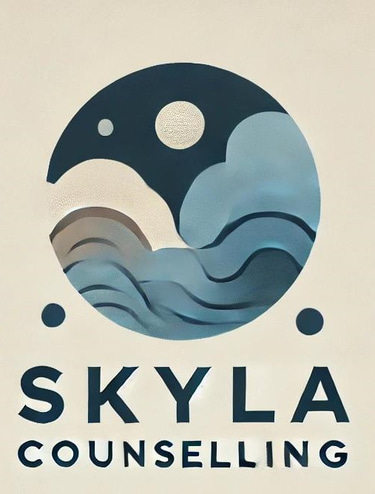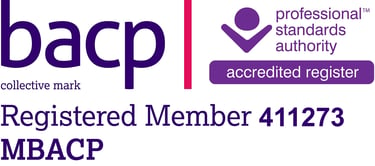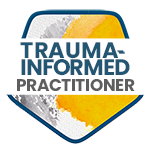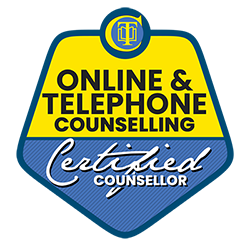Understanding PTSD: Signs and What Help You Might Need
Skyla Counselling
5/8/20251 min read


What is PTSD?
Post-Traumatic Stress Disorder, commonly known as PTSD, is a mental health condition that can occur after experiencing or witnessing a traumatic event. This disorder affects a wide range of individuals, including military veterans, survivors of violence, and those who have endured natural disasters. It can lead to severe anxiety, flashbacks, and uncontrollable thoughts about the incident.
Signs and Symptoms of PTSD
PTSD can manifest in different ways, and recognizing the symptoms is crucial for seeking help. Common signs of PTSD include:
Intrusive memories, such as flashbacks or distressing dreams related to the traumatic event.
Avoidance of places, people, or activities that remind the individual of the trauma.
Changes in mood and cognition, which may include feelings of hopelessness or a distorted sense of blame.
Physical symptoms such as irritability, hyper-vigilance, or excessive startle response.
These symptoms can vary in intensity over time and may not always appear immediately after the trauma. Some individuals may experience these signs long after the event, making it challenging to connect the trauma with current emotional difficulties.
Seeking Help for PTSD
If you or someone you know is exhibiting signs of PTSD, it is essential to seek help. Various effective treatments are available, including therapy and medication. Here are some options to consider:
Cognitive Behavioural Therapy (CBT): This form of therapy helps individuals process their trauma and learn coping mechanisms to deal with their symptoms.
Eye Movement Desensitization and Reprocessing (EMDR): EMDR is specifically designed to alleviate distress associated with traumatic memories.
Medication: Antidepressants and anti-anxiety medications can help manage the symptoms of PTSD.
It is also vital to reach out to support networks, including friends, family, and support groups, which can provide a strong foundation during recovery. Remember, recovery from PTSD is a gradual process, and seeking help is a significant first step towards healing.









